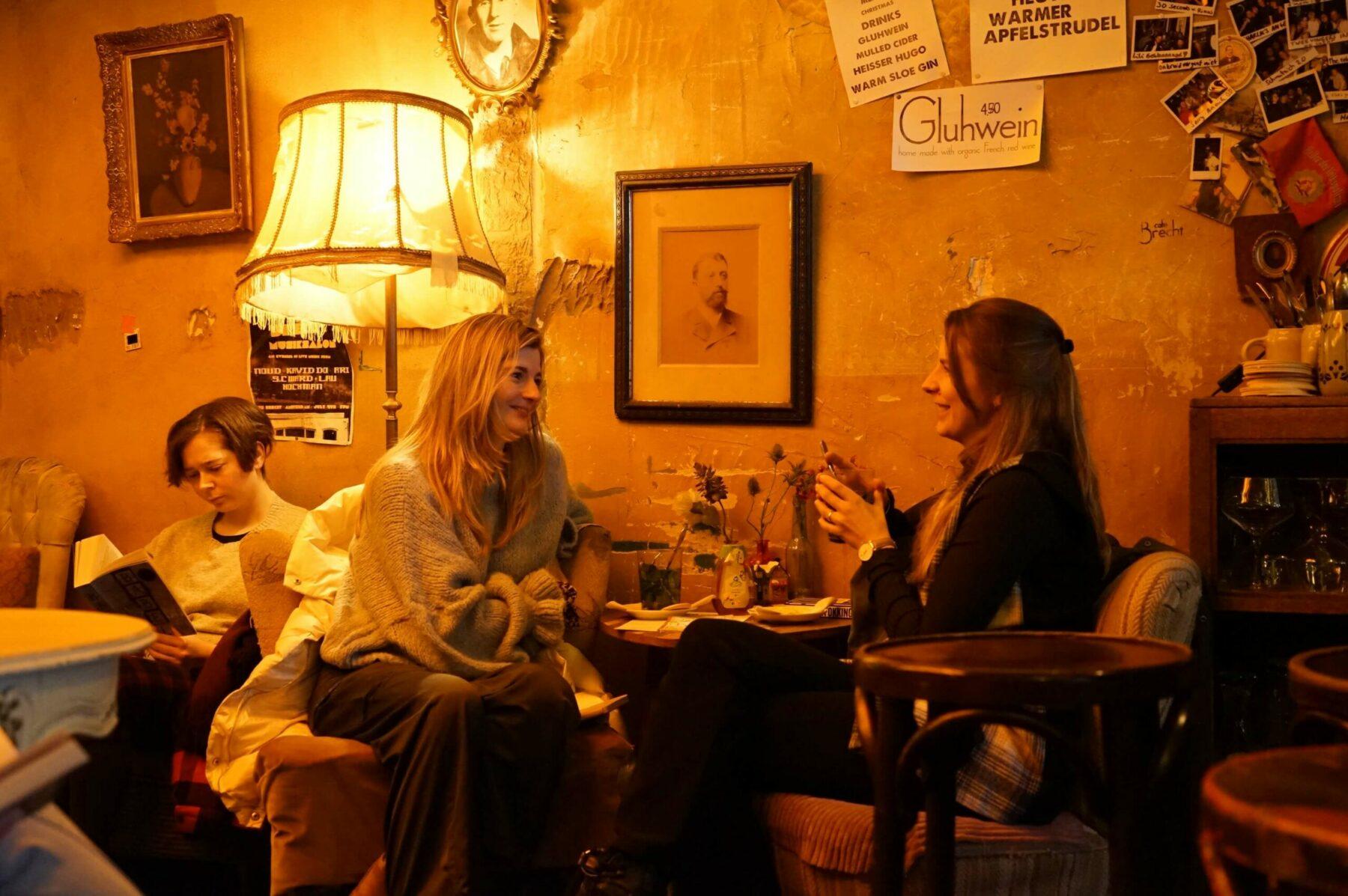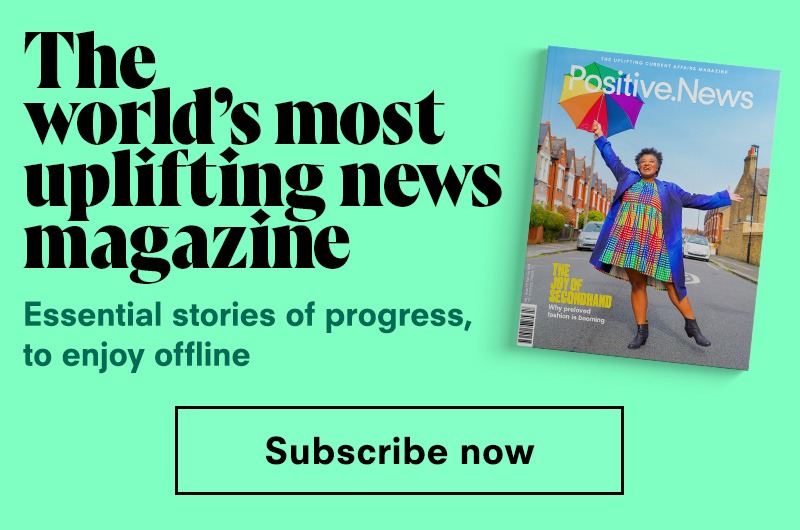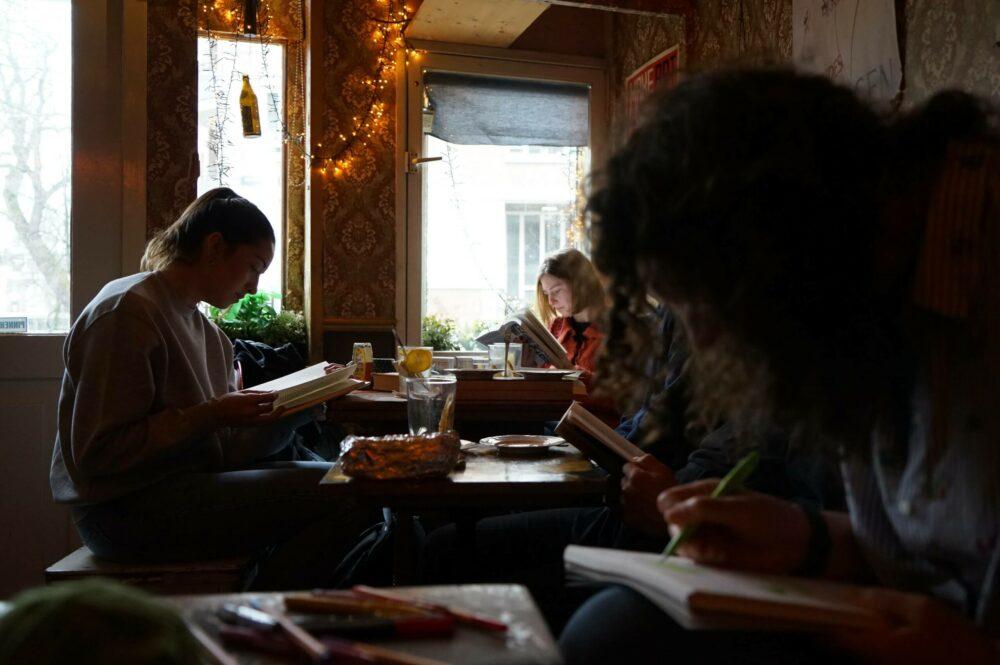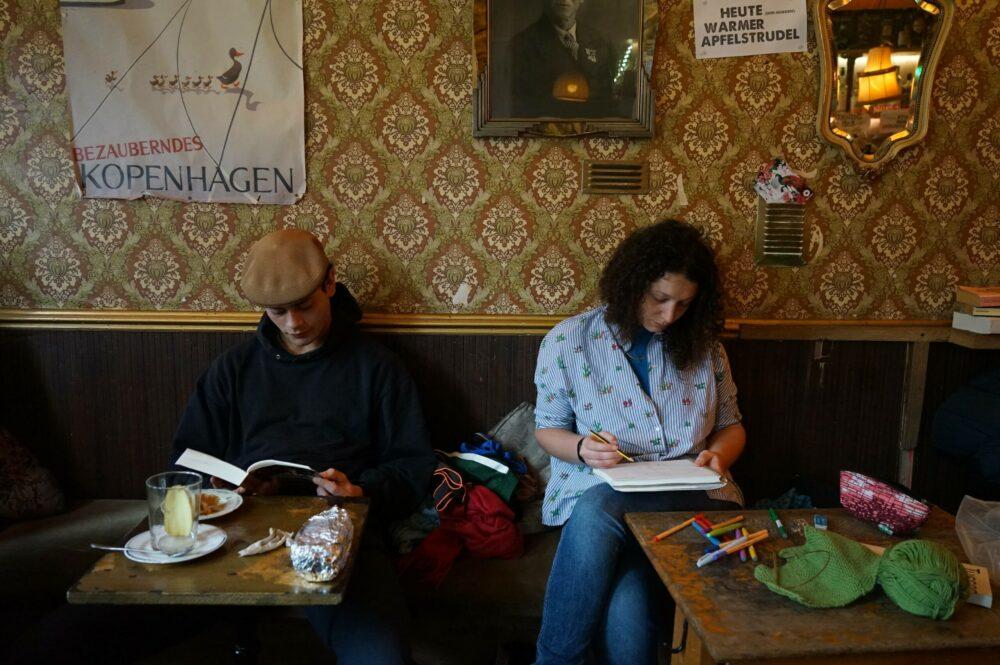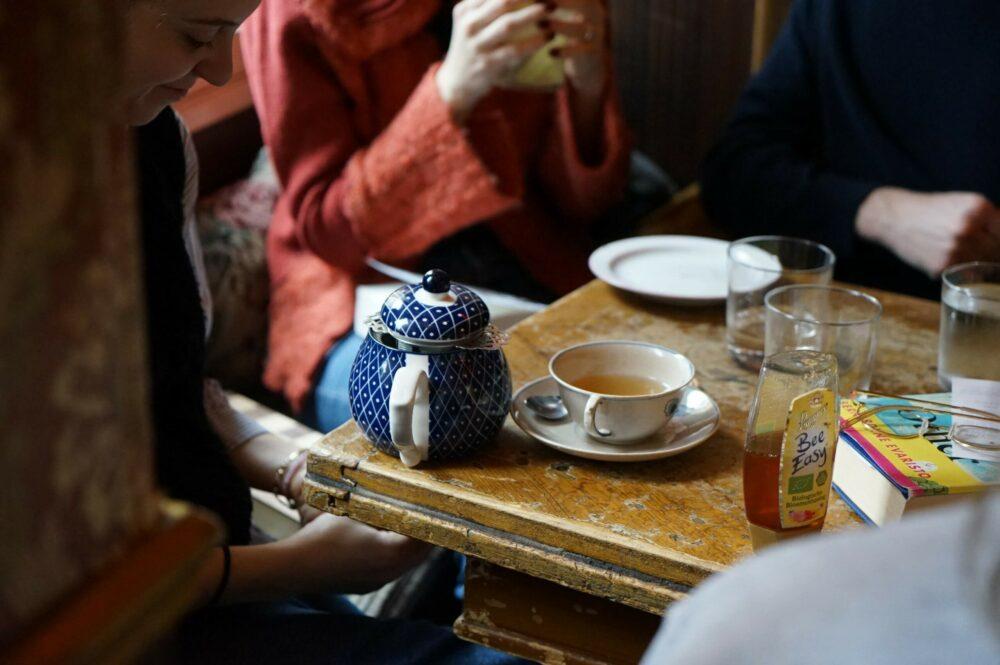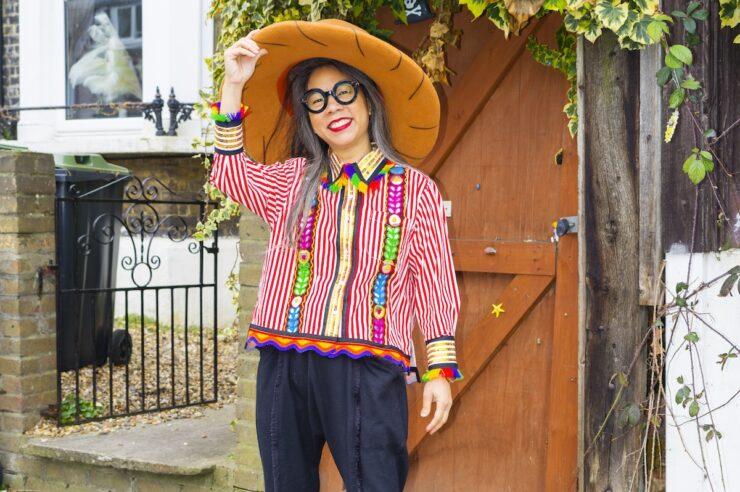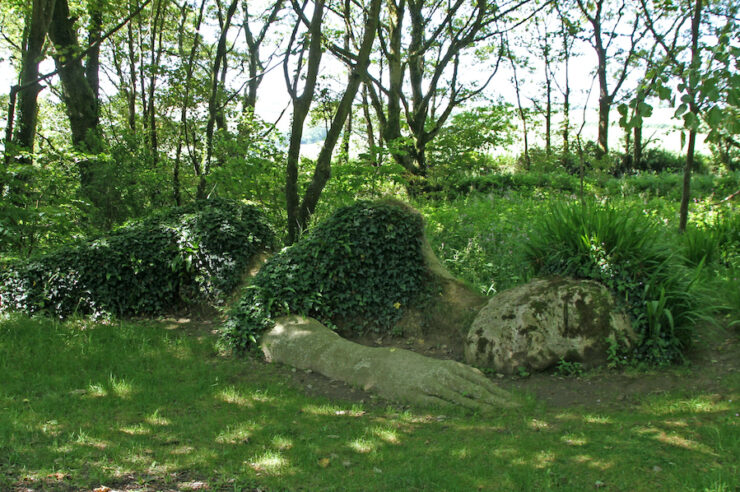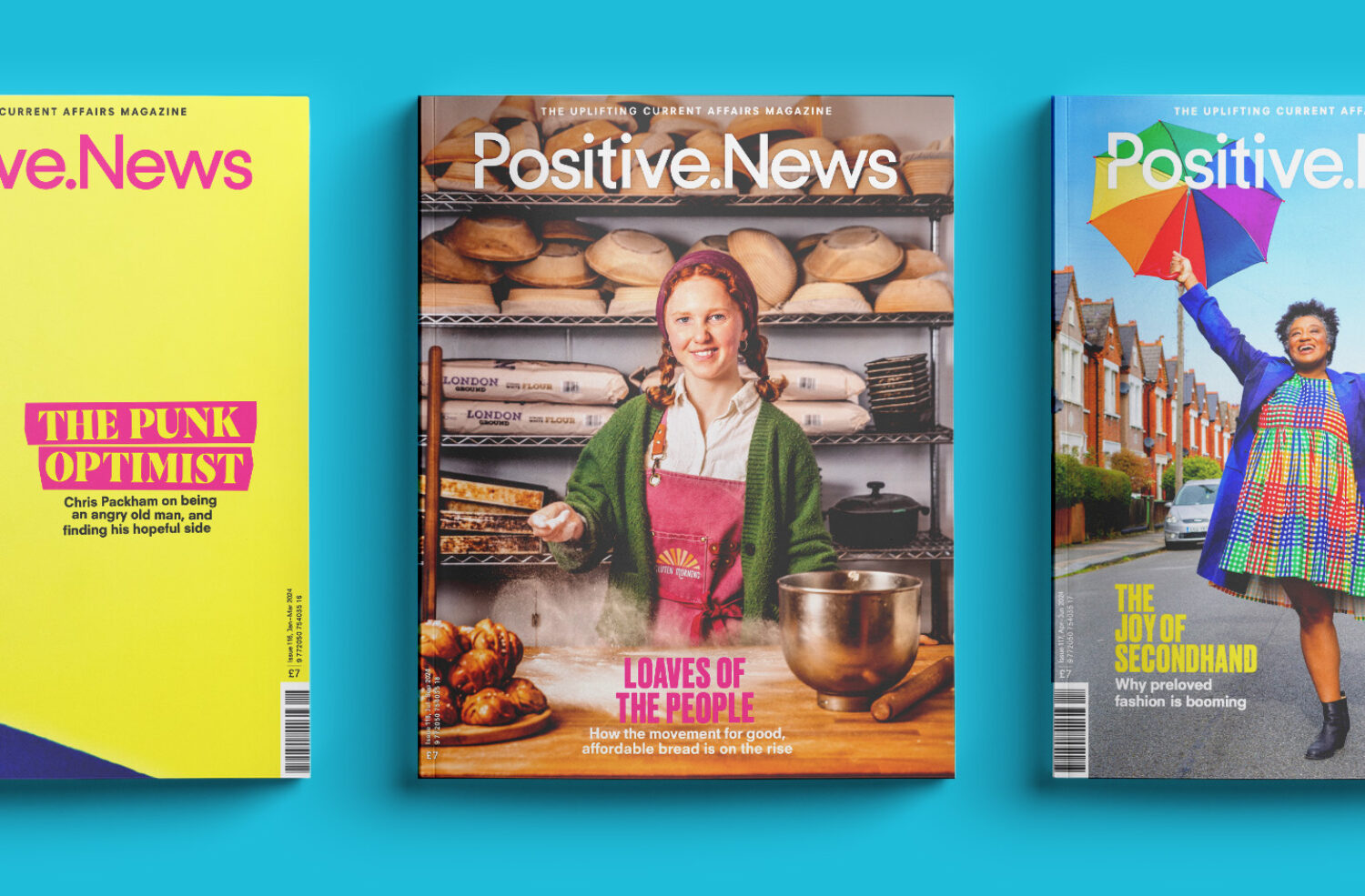Members of The Offline Club are swapping out their phones for board games, books and tranquillity. Now, the concept is poised to go global
‘Turn off, tune out and drop in’. That’s the message to customers at a Dutch digital detox cafe who are paying for the privilege of leaving their phones at the door. The Offline Club, which began life in Amsterdam, offers an oasis of calm and respite from the incessant digital hustle of life lived through the black glass of a smartphone.
It nurtures moments of quiet introspection over vapid doomscrolling, and encourages spontaneous conversations with strangers instead of endless keyboard arguments hammered out 280 characters at a time.
With board games, a piano and books on hand, the idea is to swap recharging your device for replenishing your soul, even for just a few hours. Aided – ironically – by word spreading on social media, the club has already branched out to multiple cities across the Netherlands, and is now poised for an international launch.
“People love it: they tell us this is exactly what they’ve been waiting for, they can’t believe it didn’t exist already,” enthuses co-founder Ilya Kneppelhout. “We had a girl who struggled with stress and anxiety tell us she hadn’t felt so at peace with herself in a year and a half.”
The concept grew organically from the ‘offline getaway’ retreats Kneppelhout set up with pals Valentijn Klok and Jordy van Bennekom. The trio opened their first phone-free hangout in Amsterdam’s Cafe Brecht in February this year, and to their astonishment drew 125,000 new Instagram followers in the space of a month.
This is a real experience: where else are you going to be in a cafe with 30 others, and read a book or draw? It’s quite unique
Customers alternate between time to themselves and time to connect. “People don’t just pay to get rid of their phones – they’re also paying to meet others,” says Kneppelhout. “We live in quite an isolated world where we’re ever more connected online, but in the physical world, it’s hard to meet people. This is a real experience: where else are you going to be in a cafe with 30 others, and read a book or draw? It’s quite unique.”
His hope is that customers will take away lasting habits from their cafe visits. “Big tech companies and the biggest social media companies are really playing with our minds, and with our time and our attention,” he says. “I think that’s bad: a counter movement is really necessary, and I think it’s happening.”
He’s already garnered a following of digital downtime disciples here in the UK, where counsellor Georgina Sturmer, who has worked with clients experiencing phone addiction, points out another benefit of a switched-off society.
“There’s a certain menace to this idea that we are constantly at risk of having every word or image captured for posterity and shared,” she says. “This sense of being endlessly photographed is something new that has come with these devices being in our lives so much. Wouldn’t it be great to feel safe knowing it doesn’t matter if we’re having a bad hair day, or don’t really like our outfit?”
Images: The Offline Club
-
2022
The year The Offline Club co-founders began organising ‘het leest’ (reading) weekends, where attenders would be offline for two days -
12
From 1 January 2024, students in the Netherlands aged 12-18 are no longer allowed to use mobile phones, tablets or smartwatches during school hours -
250
people recently took part in an ‘XL’ digital detox hangout organised by The Offline Club in a 400-year-old church in Amsterdam
Help us break the bad news bias
Positive News is helping more people than ever to get a balanced and uplifting view of the world. While doom and gloom dominates other news outlets, our solutions journalism exists to support your wellbeing and empower you to make a difference towards a better future. And as Positive News’ audience and impact grows, we’re showing the rest of the media that good news matters.
But our reporting has a cost and, as an independent, not-for-profit media organisation, we rely on the financial backing of our readers. If you value what we do and can afford to, please consider making a one-off or regular contribution as a Positive News supporter. Give once from just £1, or join 1,000+ others who contribute an average of £3 or more per month. You’ll be directly funding the production and sharing of our stories – helping our solutions journalism to benefit many more people.
Join our community today, and together, we’ll change the news for good.
